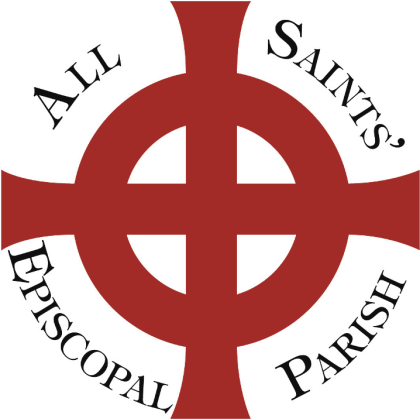
In springtime, Rogation Sunday returns in the cycle of our liturgical church year. And this Friday, we are preparing the way for that celebration with the gorgeous cinematography of Sylvie Rokab’s film, Love Thy Nature, narrated by Liam Neeson. The May 17 film showing will be free (part of our Friday Film Night series), with a pizza and salad supper offered for $10 per adult or child (12 and older).
This event will be a shared honoring of God’s glorious creation and our All Saints’ core value of Responsible Living. Love Thy Nature turns our attention to new and renewing life in all created forms, and challenges us to stay connected to this Earth “our island home.”
Then Rogation Sunday on May 26 will give us opportunity to pray for God’s blessing for the earth, our gardens, Carmel businesses, and the surrounding farmlands of our central coast. On this, the Church’s liturgical Earth Day, our All Saints’ community will ceremonially process about the grounds of our campus “beating the bounds” as we go.
The online Episcopal Dictionary of the Church provides some helpful background to this ritual “beating of the bounds”:
Traditionally, these are the three days before Ascension Day on which the litany is sung (or recited) in procession as an act of intercession. They originated in Vienne, France, in the fifth century when Bishop Mamertus introduced days of fasting and prayer to ward off a threatened disaster. In England they were associated with the blessing of the fields at planting. The vicar “beat the bounds” of the parish, processing around the fields reciting psalms and the litany. In the United States they have been associated with rural life and with agriculture and fishing.
The propers in the BCP [Book of Common Prayer] (pp. 207-208, 258-259, 930) have widened their scope to include commerce and industry and the stewardship of creation. The BCP also permits their celebration at other times to accommodate different regional growing seasons. The BOS [Book of Occasional Services] contains material for a Rogation procession, including petitions to be added to the Great Litany and the prayers of the people. The term is from the Latin rogation, “asking.”
For the All Saints’ Rogation celebration, please join us at our 10:30 a.m. Sunday Service. Prayers will be said. Songs will be sung. All will be blessed.

